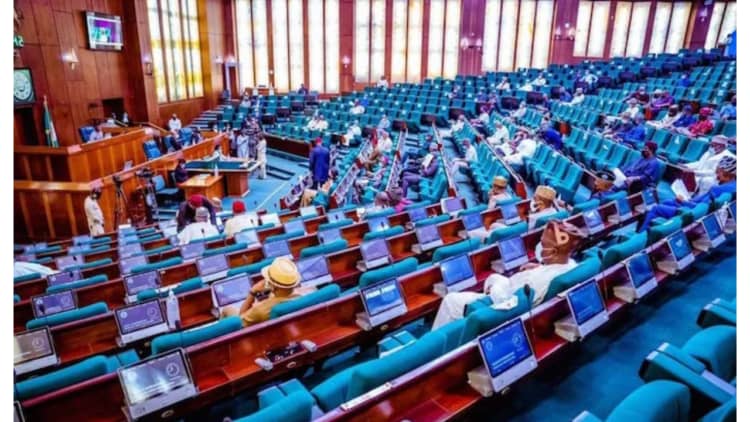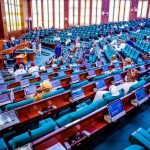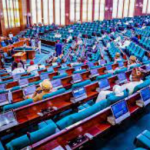The House of Representatives has called on the Central Bank of Nigeria (CBN) to suspend the implementation of its directive to commercial banks regarding the addition of social media usernames as part of the “Know Your Customer” (KYC) requirement. The motion, sponsored by Rt. Hon. Kingsley Chinda, Hon. Kelechi Nwogu, and eight others were adopted during the plenary session on Tuesday.
Hon. Nwogu, speaking on behalf of his colleagues, highlighted that the recent CBN directive made it compulsory for commercial banks to include social media handles in their KYC requirements. The lawmaker acknowledged the significance of social media handles in the fight against money laundering, terrorism financing, and proliferation financing, as emphasized in the CBN’s Customer Due Diligence Regulations, 2023.
However, Nwogu expressed concerns about the potential burden this directive might place on the Nigerian populace during the ongoing challenging period. He argued that the CBN’s directive contradicts Section 37 of the Nigerian Constitution, which safeguards citizens’ right to privacy. Nwogu pointed out that banks already possess a comprehensive range of customer information, including names, telephone numbers, passport photographs, emails, National Identification Numbers (NIN), Biometric Verification Numbers (BVN), utility bills, and other essential data for customer identification and monitoring purposes.
The lawmaker proposed that there are alternative and more effective means of monitoring money launderings, terrorism financings, and proliferation financings, such as leveraging the Nigeria Police Force (NPF), Nigeria Financial Intelligence Unit (NFIU), the Economic and Financial Crimes Commission (EFCC), and intelligence and crime tracking agencies.
Nwogu further raised concerns about the potential hardships this directive could impose on millions of Nigerians, particularly those in rural areas who do not have social media handles. He highlighted that individuals without social media presence, yet with significant business turnovers, may be compelled to create social media accounts or face exclusion from formal banking systems, with detrimental effects and implications.
In response to the motion, the House mandated the Committee on Banking and Currency (once constituted) to investigate the matter and provide a report within three weeks for further legislative action. The Committee on Legislative Compliance (once constituted) will oversee the implementation of any subsequent legislative measures resulting from the investigation.
The adoption of this motion reflects the House’s commitment to addressing the concerns raised by Hon. Nwogu and finding a balanced approach that ensures compliance with financial regulations while upholding the rights and interests of Nigerian citizens.










